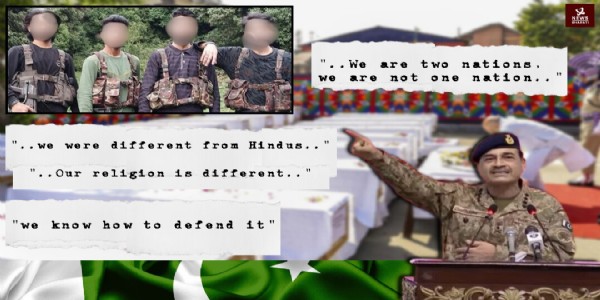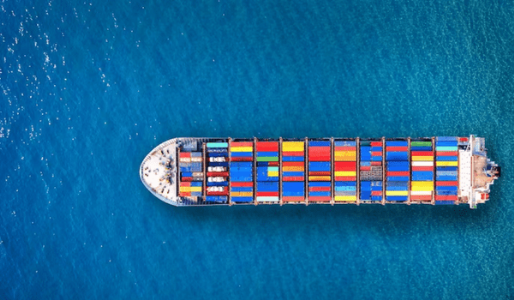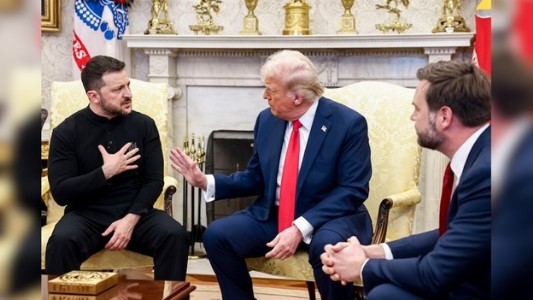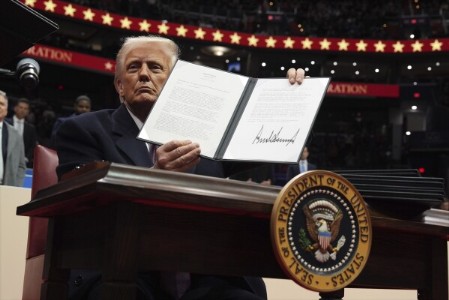Too soon to mediate in Ukraine war: S Jaishankar
Jaishankar also cautioned that India will have to get its act together to cope with an “uncertain, unpredictable, volatile, turbulent” world and a decade with a “far more fluid international situation”, including “frictions and possibly worse”.
Total Views | 89
Moscow, Nov 11: External affairs minister S Jaishankar on Thursday said it will be “premature” to speak of India acting as a facilitator to broker peace between Russia and Ukraine, and countries impacted by the conflict can only hope to nudge the main players in a positive direction.
Jaishankar also cautioned that India will have to get its act together to cope with an “uncertain, unpredictable, volatile, turbulent” world and a decade with a “far more fluid international situation”, including “frictions and possibly worse”.
Though some underlying issues in the military standoff with China on the Line of Actual Control (LAC) have been worked out, Jaishankar reiterated that the overall bilateral relationship cannot be normalized till there is peace and tranquillity in the border areas, observance of agreements and “no unilateral attempt...to change status quo”. Against the backdrop of increased speculation about a possible role for India in mediating between Russia and Ukraine, Jaishankar responded to a question on the issue by describing it as “premature”. “In a way, we are not looking, we cannot approach today’s problems with models or experiences — this is a very, very different situation in which we are in today,” he said. The speculation had increased ahead of Jaishankar’s visit to Russia during November 7-8, when he met his counterpart Sergey Lavrov and other Russian leaders for discussions on expanding economic ties, including energy supplies. Countries that believe this is “not an era of war”, as was pointed out by Prime Minister Narendra Modi to Russian President Vladimir Putin during a bilateral meeting in Uzbekistan in September, and that issues cannot be settled on the battlefield and there is a need for players to get back to the negotiating table, can “articulate their concerns and try to shape the thinking of those more directly involved in a positive direction”, Jaishankar said. “I think beyond that, to suggest anything else, I don’t think is justified at this point of time,” he added. Jaishankar said the global order and globalization model have been “more and more challenged” since the international financial crisis of 2008, and the Covid-19 pandemic “brought out into the open a lot of the problems which till then had been kept firmly under the carpet”. Supply chains were very fragile, production was overly concentrated and people were dependent on limited geographies, he said. The Ukraine conflict added to stress factors and “fragility can be enhanced by terrorist actions” or even the climate crisis. “Overall, I would say [in the] short to medium term, I would be looking at a very unsettled world, at a lot of turbulence and volatility. I think this is a time when we frankly need leadership, experience, and the ability to guide this nation in rough seas. Believe me, the rough seas — you can already feel the waves,” he said.
Also Read: Kherson withdrawal: Retreat or trap?
Jaishankar added, “You are going to have really perhaps for this decade, a far more fluid international situation where there will be ebbs and flows, and combinations and issues and frictions and possibly worse, which is what we have seen... I do not see settling down among major players in the near term.” India needs to “get our act together” for an “uncertain, unpredictable, volatile, turbulent” world, he cautioned. “And a large part of getting our act together is doing the right things at home, building up the strengths at home, doing the governance, the delivery, the creation of capabilities and assets,” he said. “At this time, it’s particularly vital that we find our feet and we stay strong because there is this... sense of a long period of global uncertainty before us.” Responding to a question in the standoff with China that began in May 2020, Jaishankar said that “unless there is peace and tranquillity in the border areas, unless there is an observance of agreements and no unilateral attempt made to change status quo, the relationship cannot be normal and is not normal”. The events of 2020 on the LAC were “an attempt by one party, and we know which one, to depart from agreements and understandings and that is at the heart of the issue”. Since then, the two sides have made progress in some respects. “Relatively speaking, there were multiple friction points. In those friction points, there were dangerously close-up deployments by the military. I think some of those issues have been worked out keeping in mind equal and mutual security,” he said.
Bharati Web
Mes, Pune







